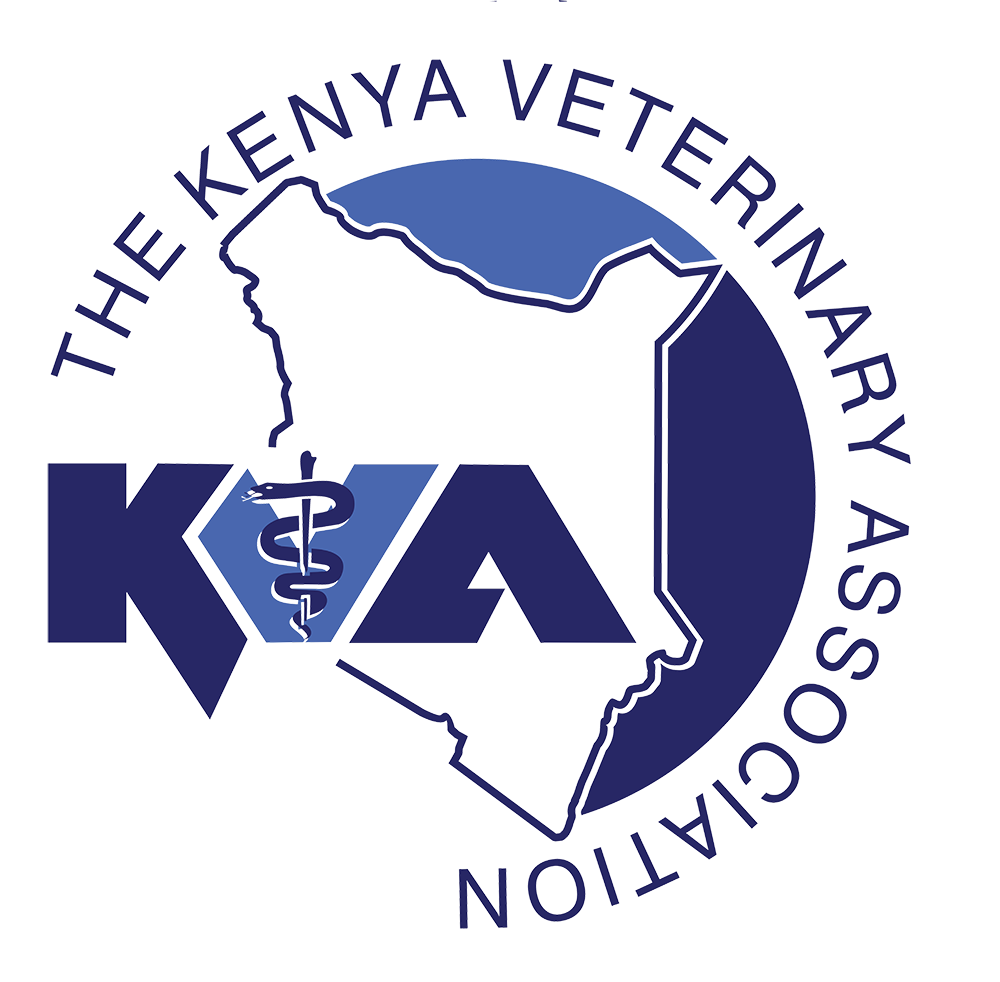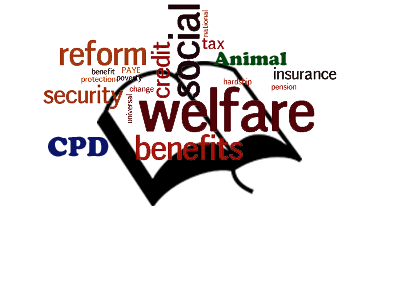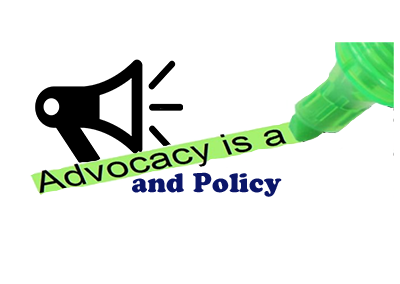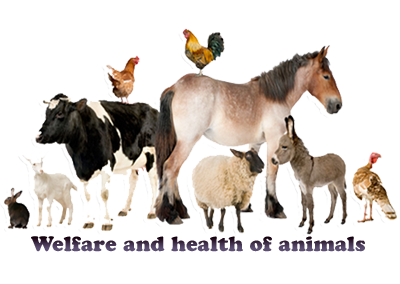Act now on Veterinary Medicines
21 July 2014: A policy position of the Kenya Veterinary Association
Introduction
Arid and semi-arid lands in Kenya, home to 80 per cent of livestock, suffer from veterinary drug misuse which affects the health and well-being of their animals and hurts the livestock trade both in local and international markets.
The proposed Veterinary Medicines legislation enactment and enforcement would enable Kenya to meet her international obligations allowing her to export livestock products to European and other international markets. This would support other poverty alleviation and wealth creation initiatives by the Kenya government. In particular, it would greatly support both the dairy and poultry industries whose products are banned for export due to unacceptable drug and chemical residues arising from misuse and mishandling of veterinary medicines.
Since their discovery in the early 20th century, antibiotics and related medicinal drugs have substantially reduced the threat posed by infectious diseases. Even in conditions of abject poverty and poor infrastructure and services, antibiotics have worked wonders. However, their misuse and mishandling exacerbated by weak legislation and lack of enforcement of the Pharmacy & Poisons Act has actually disadvantaged livestock farmers.
The lack of separate management arrangements for veterinary and human medicines poses risks to human, animal and environmental health. It also results in non-compliance with Kenya’s international treaty obligations, including World Trade Organisation, Sanitary and Phyto-Sanitary and World Animal Health Organisation requirements which hinders the international trade of Kenya’s livestock and livestock products
The issue
Increased misuse and mishandling of veterinary medicines has brought about a number of problems, including:
Drug resistance
In Kenya, the bacterial infections that contribute most to human disease are often those in which resistance is most evident. Examples are multi-drug resistant enteric bacterial pathogens such as typhoid, diarrhoeagenic Escherichia coli and invasive non-typhi salmonella, penicillin-resistant Streptococcus pneumoniae, vancomycin resistant enterococci, methicillin resistant Staphylococcus aureus and multi-drug resistant Mycobacterium tuberculosis.
Resistance to medicines commonly used to treat malaria is of particular concern, as is the emerging resistance to anti-HIV drugs. Often, more expensive medicines are required to treat these infections, and this becomes a major challenge in resource poor settings. Minimising resistance requires that drugs are properly prescribed and properly administered.
Quality assurance
Mishandling of veterinary medicines, including failure to guarantee cold chain distribution by vaccine handlers, lack of capacity for quality assurance of most vaccines and other biologicals has led to increased mortality rates and increased incidence of livestock diseases.
Out-of-date and misuse of drugs
Expired stocks of veterinary medicines are sold and used by unsuspecting clients and are unsafe for both animals and humans. Misuse of veterinary drugs has been manifested in enormous losses of animals which are well documented. Some classic examples include:
• In 1980, arsenic poisoning in Molo caused by extinct cattle-dips
• In 1987, there were pig mortalities in Ngong area caused by Rodenticides;
• In 1992, drug and chemical residues in meat and meat products that led to a ban in the export of beef to the European Union;
• In 1994, use of cypermethrin to paralyze fish in Lake Victoria led to a ban in the export of fish; and
• In 2004, the death of 60 animals in Mai-Mahiu caused by dimethoate-armitraz combination poisoning.
Since 2010, the Kenyan government has prohibited the use of chloramphenicol and nitrofurans in food producing animals, including for use in growth promotion but little is known about how effective this ban has been.
Sub-standard and counterfeit drugs
In 2009, KVA undertook a research study that showed 61 per cent of de-wormers and 33 per cent of antibiotics on the shelves were sub-standard or counterfeit, a scenario that resulted to high residual drug levels in animal meat, resulting in higher cases of drug-resistance reported both in animals and humans.
Qualified pharmacists
One of the greatest protections against misuse of drugs is through requiring that they are only dispensed by qualified and regulated persons. However, the KVA study in 2009 found that 78 per cent of veterinary medicine outlets in Kenya are operated by unqualified persons.
Qualified veterinarians
Prior to the enactment of the Veterinary Surgeons and Para-professionals Act No. 29 of 2011, there was inadequate regulation of the veterinary profession itself. It is now regulated by the Government through the Kenya Veterinary Board, but only to the extent of regulating veterinary surgeons. Veterinary technicians (para-vets) are not subject to this regulation.
Overuse
In 2011, the Global Antibiotic Resistance Partnership (GARP)–Kenya Working Group, in collaboration with the Center for Disease Dynamics, Economics & Policy (CDDEP) conducted a study that revealed that antibiotics are widely used in low doses as growth promoters and prophylactics. This has resulted in legislation to ban the use of antibiotics for growth promotion, to prohibit the use in animals of antibiotics of particular importance to human health and to limit the antibiotic residues permitted in food. Nevertheless, whilst it is east to obtain antibiotic drugs, the temptation remains.
The management of veterinary medicine
In most countries, veterinary medicines are regulated by competent authorities (veterinary services) as provided for by the World Animal Health Organization (OIE) Guidelines, mandatory in international trade for all animals and their products facilitated by the World Trade Organization (WTO) treaties.
Up to the 1980s, veterinary medicines were supplied solely by the government through the Director of Veterinary Services who was (and still is) a member of the Pharmacy & Poisons Board (PPB). Both human and animal medicines were (and still are) regulated by the Pharmacy and Poisons Act 1957 (Cap 244), administered by the Ministry of Health. But veterinary medicine is also covered by the Pest Control Products Act 1982, Cap. 346, administered by the Ministry of Agriculture
Liberalisation of agricultural sector in 1980s allowed private sector participation in the management of veterinary medicines, but the regulations were not adjusted to address the emerging challenges, resulting in the current crisis.
In 1994, the Kenya National Drugs Policy was formulated to improve the management of veterinary medicines but has not been implemented by the Ministry of Health. Nevertheless, this led to the formulation of the National Livestock Policy of 2008 which provides for the separation of management of veterinary from human medicines.
The Minister of Health, through the Pharmacy and Poisons Board, is vested with the powers to control the pharmacy profession and the trade in drugs and poisons. The Department of Pharmacy of the Ministry of Health is responsible for administering drug control activities and for managing public sector drug supply. Drug control and administration activities ought to have been supported by adequate numbers of qualified professional staff, specialised training, proper physical facilities, adequate transport, sufficient budgetary provisions, and necessary legal provisions.
A Pharmaceutical Inspectorate was established under the Pharmacy and Poisons Board to inspect drug outlets at regular intervals to ensure compliance with laws and regulations regarding storage and dispensing of pharmaceutical products. The Pharmaceutical Inspectorate is answerable to the Board through the Chief Pharmacist/Director of Pharmaceutical Services. The inspectorate consists of staff from the Ministry of Health and from divisions of Veterinary Services.
At present, the Director of Medical Services (DMS) in the Ministry of Health through the Chief Pharmacist and the Director of Veterinary Services (DVS) under the Ministry of Agriculture through the Registrar are jointly responsible for the enforcement of the Pharmacy & Poisons Act
Currently, importation of all pharmaceutical products for both human and veterinary use is strictly limited to products registered through the Ministry of Health. Imports of pharmaceutical products are approved in advance by the Ministry of Health. Veterinary products must conform to requirements set out in the Animal Diseases Act 1965, Cap. 364.
Policy proposal
It is against this background that KVA has facilitated, through a participatory approach, the development of a national Veterinary Policy and a draft of the Veterinary Medicines Bill.
The main thrust of the Bill is to amend the Pharmacy and Poisons Act (Cap 244) to separate the regulation of animal medicines from the regulation of human medicines, which will remain with the Pharmacy & Poisons Board. This will result in separation of management of human and animal medicine
The Veterinary Medicine Directorate (VMD) established under this legislation will be self-sustaining financially, after an initial capital injection, from the licence levies and revenues collected for professional services. It will ensure quality service delivery and increased returns from the livestock-based economies.
Justification
The Pharmacy and Poisons Board, as the regulator of veterinary medicines, has neither the regulatory capacity nor the resources for the effective enforcement of acceptable animal health regulations in a liberalised environment. The creation of a new regulator, dedicated specifically to this task, will be much more effective and much more vigilant in relation to misuse and mishandling of veterinary medicines. The draft legislation has the support of all the key stakeholders and has been approved by Cabinet. It now needs the speedy approval of National Assembly. Implementation of this legislation will lead to higher turnover of livestock farmers; higher profitability of livestock farmers and therefore more tax revenue; ability once again to export.
Disaster Risk Reduction – funded by Business Advocacy Fund
The Business Advocacy Fund supports business member organisations (BMOs), trades unions and civil society organisations with an interest in supporting business to engage in private public dialogue and to advocate improvements in the business environment in Kenya in the expectation that, if successful, changed policies will lead to more investment and, ultimately, more jobs.






